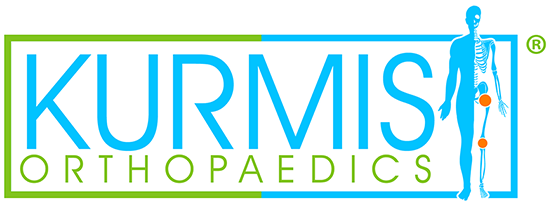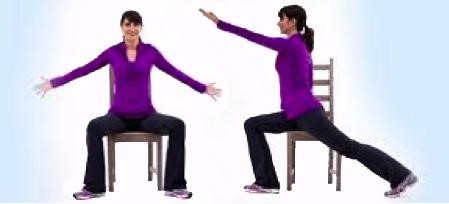
Parkinson’s disease is one of the most common neurological disorders, affecting 40,000 Australians. In most cases, the cause is unknown and signs of the disease occur and progress slowly over time.
It causes difficulty with balance, stiffness in muscles, slowness of movement and may cause a tremor in the hands. The cause of these movement changes is the death of specific cells in the brain that help start movement. Read more

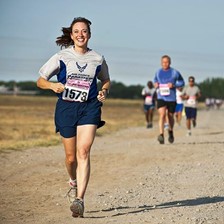
 What does shin splint mean?
What does shin splint mean?
 Unfortunately, if you completely stop exercise the body is quite unforgiving. If you don’t get moving, the science is quite clear:
Unfortunately, if you completely stop exercise the body is quite unforgiving. If you don’t get moving, the science is quite clear: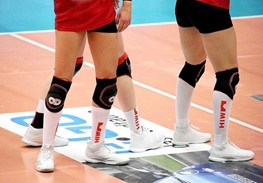
 Fatigue, as well as poor strength and muscular control of the knee usually plays a part however, there are also many reasons are out of our control, such as anatomy, hormones and genetics. Sometimes it can be as simple as bad luck, with the wrong force through the knee at the wrong time on the wrong person.
Fatigue, as well as poor strength and muscular control of the knee usually plays a part however, there are also many reasons are out of our control, such as anatomy, hormones and genetics. Sometimes it can be as simple as bad luck, with the wrong force through the knee at the wrong time on the wrong person.  How often have you caught yourself sitting at your desk, looking up at the clock, only to realise you have been there longer than expected?
How often have you caught yourself sitting at your desk, looking up at the clock, only to realise you have been there longer than expected?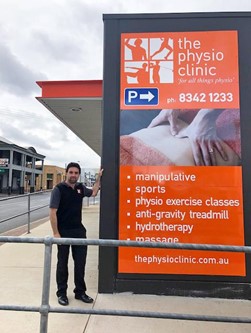

 Kelsey graduated with a Bachelor of Physiotherapy from the University of South Australia in 2016. She has experience working in the rehabilitation industry and enjoys helping people get back to their favourite activities. Kelsey was a swimming teacher for many years and now excels at running hydrotherapy classes in the warmer water.
Kelsey graduated with a Bachelor of Physiotherapy from the University of South Australia in 2016. She has experience working in the rehabilitation industry and enjoys helping people get back to their favourite activities. Kelsey was a swimming teacher for many years and now excels at running hydrotherapy classes in the warmer water.
 Our posture tends to get worse on longer trips and this can affect health and safety. For the full-timers, if you have a 30-minute commute to work Monday to Friday, that’s five hours sitting in the car every week!
Our posture tends to get worse on longer trips and this can affect health and safety. For the full-timers, if you have a 30-minute commute to work Monday to Friday, that’s five hours sitting in the car every week! 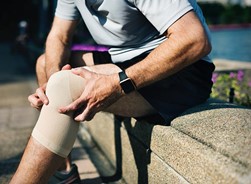
 During winter, we often see a lot more knee problems here at The Physio Clinic. The most common complaint is arthritis related knee pain. This can often be debilitating and impact the ability to do the simple activities we love, such as walking the dog, spending time out in the garden or even a short trip to the shops.
During winter, we often see a lot more knee problems here at The Physio Clinic. The most common complaint is arthritis related knee pain. This can often be debilitating and impact the ability to do the simple activities we love, such as walking the dog, spending time out in the garden or even a short trip to the shops. 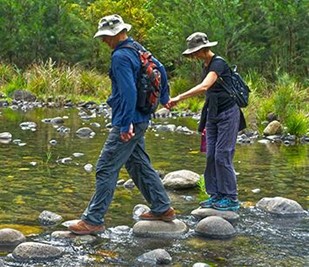
 Have you had that sinking feeling that you can’t do the things you used to do? Stand on one leg to pull your pants on or wash your feet? Climb that ladder to get to the gutters? Perhaps you have had a silly trip or fall. Do you ask yourself why?
Have you had that sinking feeling that you can’t do the things you used to do? Stand on one leg to pull your pants on or wash your feet? Climb that ladder to get to the gutters? Perhaps you have had a silly trip or fall. Do you ask yourself why?















